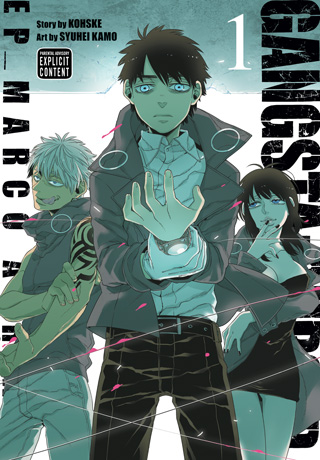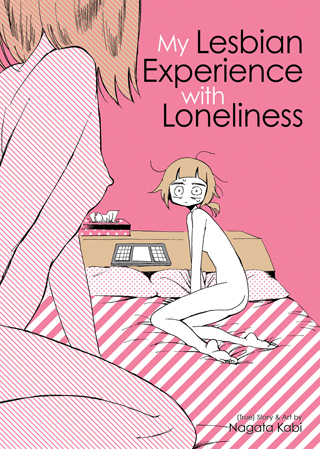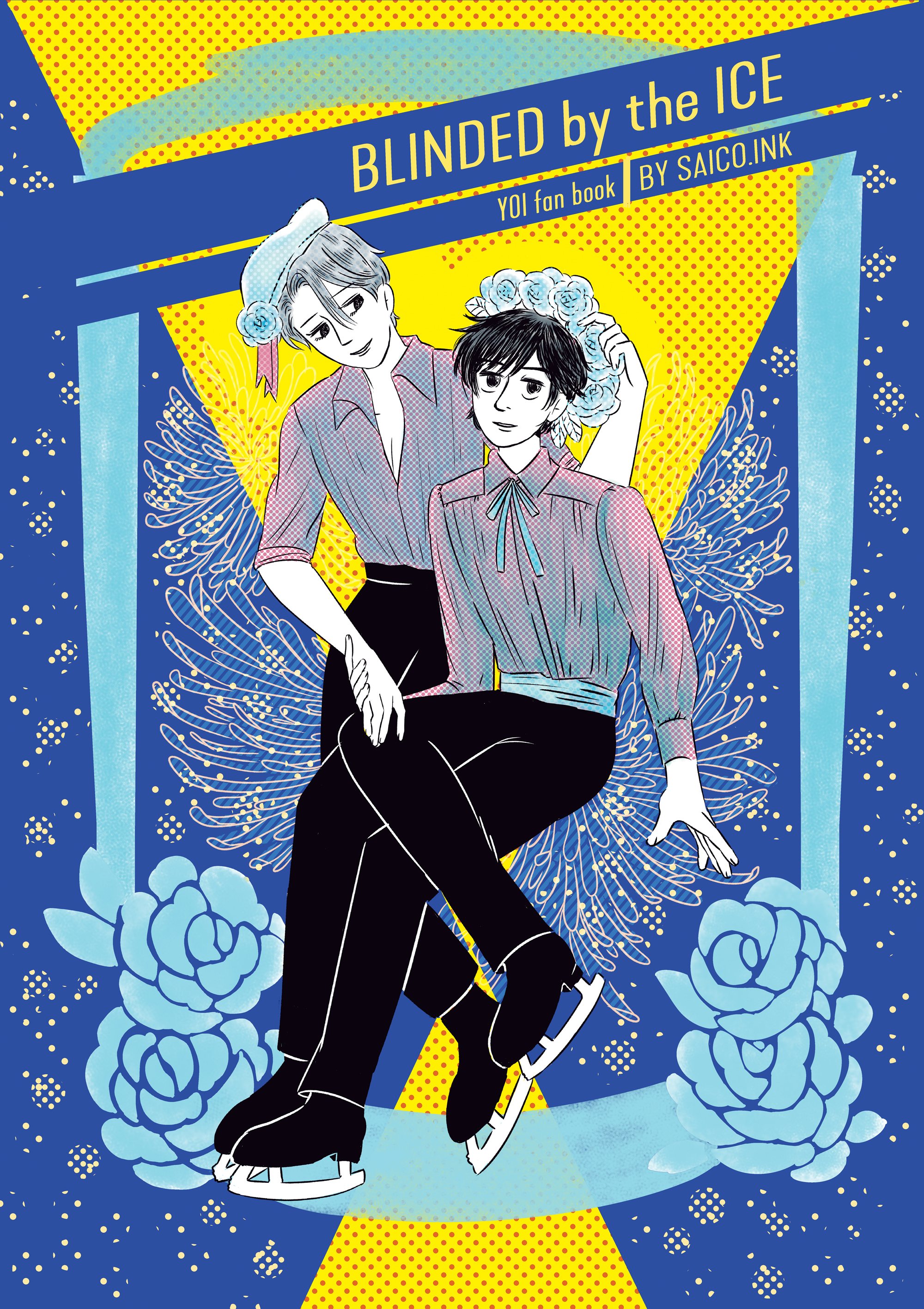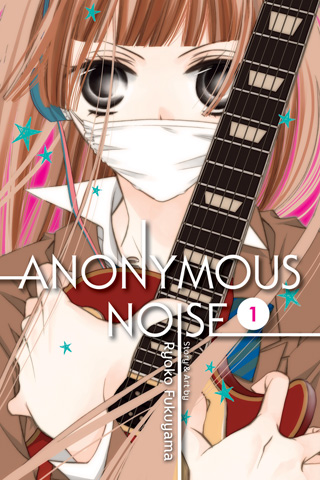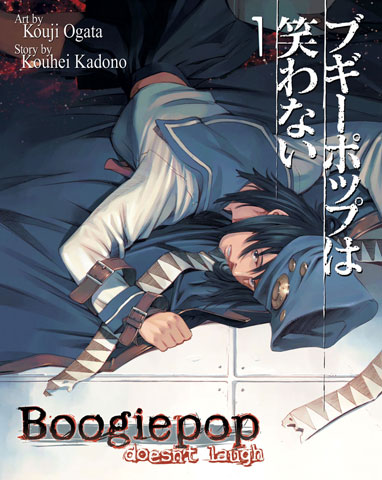My News and Reviews Last week I posted the Bookshelf Overload for May, a rather lengthy list of manga, comics, and other books that have recently made their way into my home. One reason it was such …
Continue Reading about My Week in Manga: June 19-June 25, 2017 →
